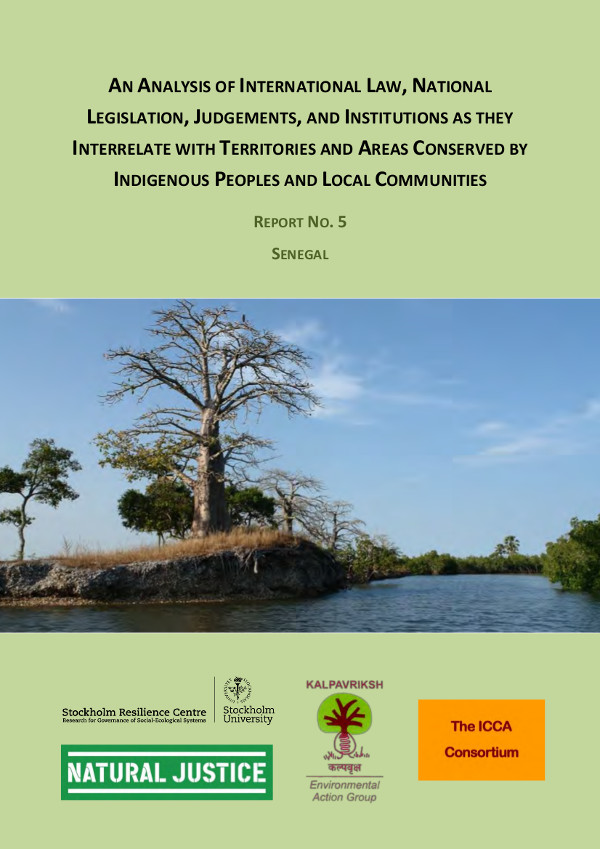First published on 09/30/2012, and last updated on 06/02/2017
Sustainable management of natural resources is crucial in Africa where – short of the lifestyle of ‘developed societies’ – local people kept a watchful eye on the resources on which they directly depend for their livelihoods. In Senegal, local people established through time rules for the management of natural resources that were generally respected by all.
Transgressions of these rules could even be punished by death in view of the crucial importance of natural resources as sources of goods and services, and their role in local beliefs systems (sites for worship, etc.).
The convergence of local concerns with economic and environmental considerations facilitated the adoption of a colonial Decree on 4th July 1935, which set the Forest Management Plan in French-speaking Africa. In this way, the State created its conservation services and most protected areas. Post-independence (1960), however, management has not always resulted in conservation of natural resources. The rural population got progressively separated from traditional practices and natural resources, which led to frustration, while illegal activities gained ground over the years. The National Propriety Law No. 64-46, dated 17 June 1964, and its implementing regulations (Decree No. 64-573 dated 30 July 1964 and Decree No. 72-1288 dated 27 October 1972) actually caused a revolution in the rural areas by removing landowners and transferring the land to its real users. Natural resources were, at the same time, nationalised.
Between 2011-2012, the ICCA Consortium undertook an international-to-local analysis of a spectrum of laws relevant to ICCAs. The reports analyze the effects of laws, policies and implementing agencies on ICCAs, and explore the diversity of ways in which Indigenous peoples and local communities are using the law to sustain the resilience of their ICCAs. Goals:
- Recognizing and supporting conservation by indigenous peoples and local communities.
- Analyses of international law, national legislation, judgments, and institutions as they interrelate with territories and areas conserved by indigenous peoples and local communities.
The synthesis report was launched in 2012 at the World Conservation Congress (Jeju, Korea) and the 11th Conference of the Parties to the Convention on Biological Diversity (Hyderabad, India)
